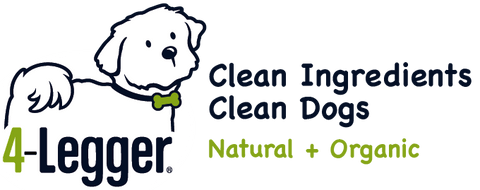Look to see if Your Community Hosts Free Household Hazardous Waste Drop Off Days
Today is our local city hosted Household Hazardous Waste Drop Off Day!
This annual event is a well organized highly efficient drive through affair.
You load up your vehicle with all of the hazardous waste in your household, drive up and they take it out of your car and send you on your way minus a bunch of toxic stuff. Awesome!
Did I mention it is free? It is!
We are very fortunate to live in a community that encourages citizens to get rid of household hazardous waste in a safe and responsible manner so it doesn't pollute the air, water, soil, people or our pets!
What is Household Hazardous Waste?
Household hazardous wastes are products that contain corrosive, toxic or flammable ingredients. Examples include paint, cleaners, oils, batteries, automotive fluids (antifreeze, gas, polish, waxes), yard chemicals (pesticides and herbicides), swimming pool chemicals, fluorescent light bulbs and compact fluorescent lamps, electronics, and more.
The dangers of putting hazardous waste down the drain, sewer or storm drains or in the landfill are not always obvious since we may not immediately see the impact. The impact is real.
Many sanitation workers have been injured by improper disposal of waste.
Putting toxic chemicals in the landfill allow them to degrade and leech into the soil where they poison birds or other animals. Eventually it can contaminate our drinking water.
If you pour hazardous waste down the drain or the toilet, it can contaminate septic tanks or wastewater treatment plants.
If poured on the soil in your yard, it can be toxic for animals and humans - leeching into the soil and contaminating both the soil and the water. Once your pet walks over it, the toxins may end up in your dog after they lick it off their paws.
One of the most common forms of poisoning in dogs and cats is antifreeze poisoning. While antifreeze poisoning typically happens when antifreeze drips from a car’s radiator and is licked off the ground and ingested by a pet - there are many cases where an animal was poisoned by licking it from improper disposal.
Flea and Tick Treatments on the List of Household Hazardous Waste
This year we were looking at the list of acceptable items and saw something that caught our eye. Truthfully, it just about knocked us over.

Yes.
Flea and tick treatments are classified as household hazardous waste!
Initially, we were shocked but after considering what we’ve learned about flea and tick medication, it does confirm the toxicity of these ingredients. In black and white print. By an organization with zero ties to the pet industry. Talk about third party verification!
We encourage you to do the research, assess the risks, and make decisions that you can live with.
If we had any flea and tick treatments in our house, we'd be taking them to the household hazardous waste drop off for safe disposal!
We encourage you to look for alternative methods and products without hazardous ingredients and shop for environmentally friendly natural products for your pets and their people. If your dog has encountered pests, you can use organic dog shampoo as one layer of defense. Our new sweet orange with neem dog shampoo smells incredible and the neem will help to keep the pests off your dog.
If you are ready to pack up your toxic products, look in your own community for a free household hazardous waste drop off day! You’ll be doing our planet a huge favor.





